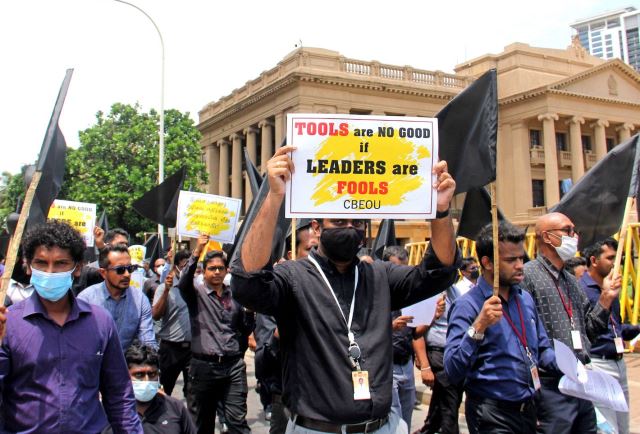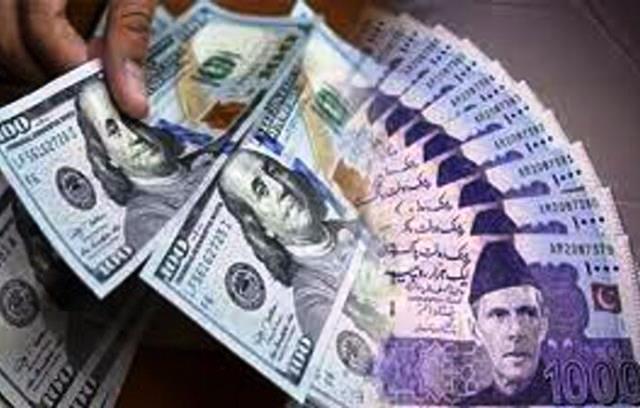International Monetary Fund (IMF) Deputy Managing Director, Gita Gopinath has pointed out the need for banking sector to build a solid information architecture to enable funding climate infrastructure projects.
“There is certainly a demand for climate finance, but we still have all kinds of holes in terms of data, in terms of information architecture. Concerns about greenwashing are relevant, and I don’t think we have managed to put together the information architecture that is needed, the transparency that is needed to get a lot of capital flowing quickly to climate space,” Gopinath said.
Gopinath who was previously Chief Economist of the IMF was speaking at a session themed ‘Are Banks Ready for the Future’at the ongoing World Economic Forum in Davos, Swtiterland.
Climate finance typically refers to any financing that seeks to support mitigation and adaptation actions that will address climate change.
“If you want to get enough money going to climate financing, you need a good data architecture, a clearer sense of what are the markers for truly green project, and what is not. There is a role for policy to play,” said the First Deputy Managing Director of the IMF.
She asserted that there is a very large need for climate finance and that by the year 2030 it will go up to about USD 40 trillion.
“And what we have seen from the very large banks, the commitment is of about USD 9 trillion to finance new sustainable projects till 2030. So, that’s a good chunk of the USD 40 trillion. The banking sector makes half of the financial system, so more is certainly needed,” Gopinath said.
Asked about the banking sector crisis in the US in March 2023, during which a few banks collapsed after the downfall of Silicon Valley Bank, she said that the global banking system has overall held up quite well, despite the crisis.
“The good news is that despite the sharp rise in interest rates, and the conflicts that we have seen, the global banking system has overall held up quite well. Now that said, there is still a tail of weak banks that we see even now in this environment,” Gopinath asserted.
For instance, she said in the US the number of banks that are at risk makes up about 9 per cent of banking assets.
“Another area of exposure that we worry about is in terms of exposure to commercial real estate in the US, to a lesser extent in Europe,” she added.
One of the most prominent lenders in the world of technology startups, Silicon Valley Bank, which had been struggling finally collapsed on March 10, 2023, after a run on the bank by the depositors. Its closure led to a contagion effect and the subsequent shutting down of other banks.
“The March 2023 episode taught us that what is takes a couple of mid-size banks to get into trouble, then there is a quick loss of confidence in the system as a whole,” Gopinath said.
She called for the right supervision of banks in addition to the regulation.
“It is important to have a right amount of regulation and right supervision, not just the regulation…Regulation alone won’t help, we would need the supervision. We need to make sure that banks are actually doing the right risk management, and you can’t take that for granted,” she said. (ANI)
For more details visit us: https://lokmarg.com/





